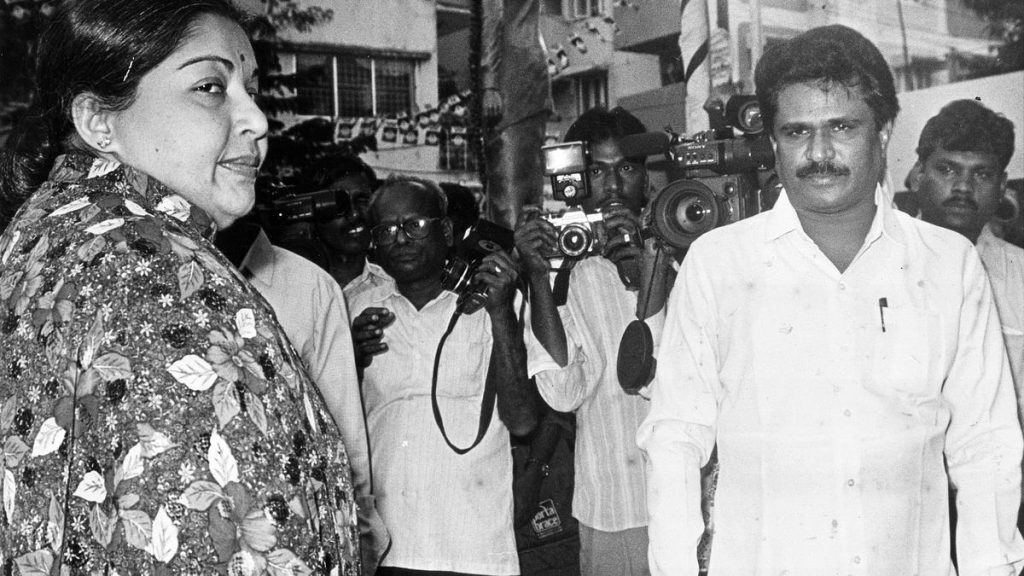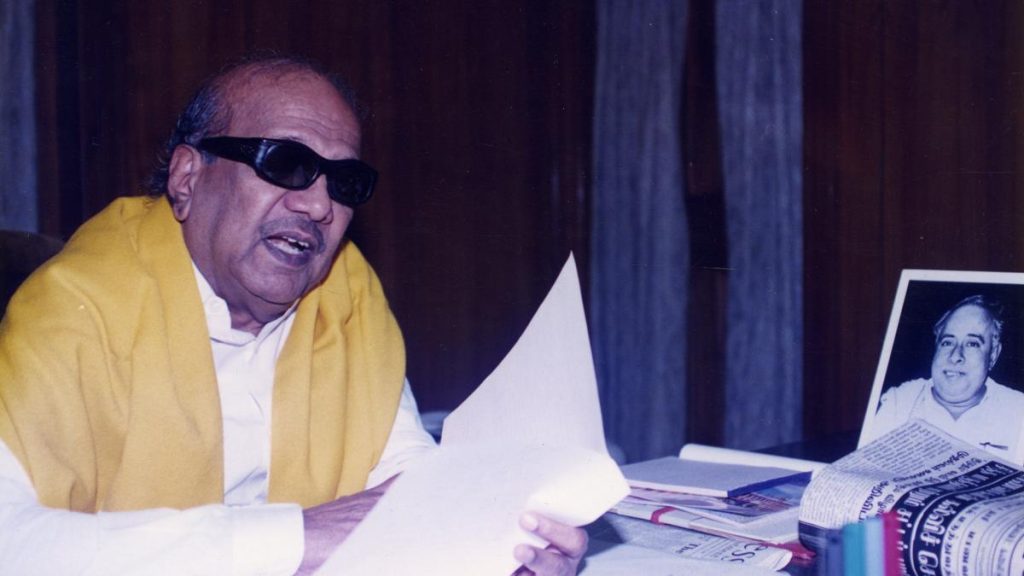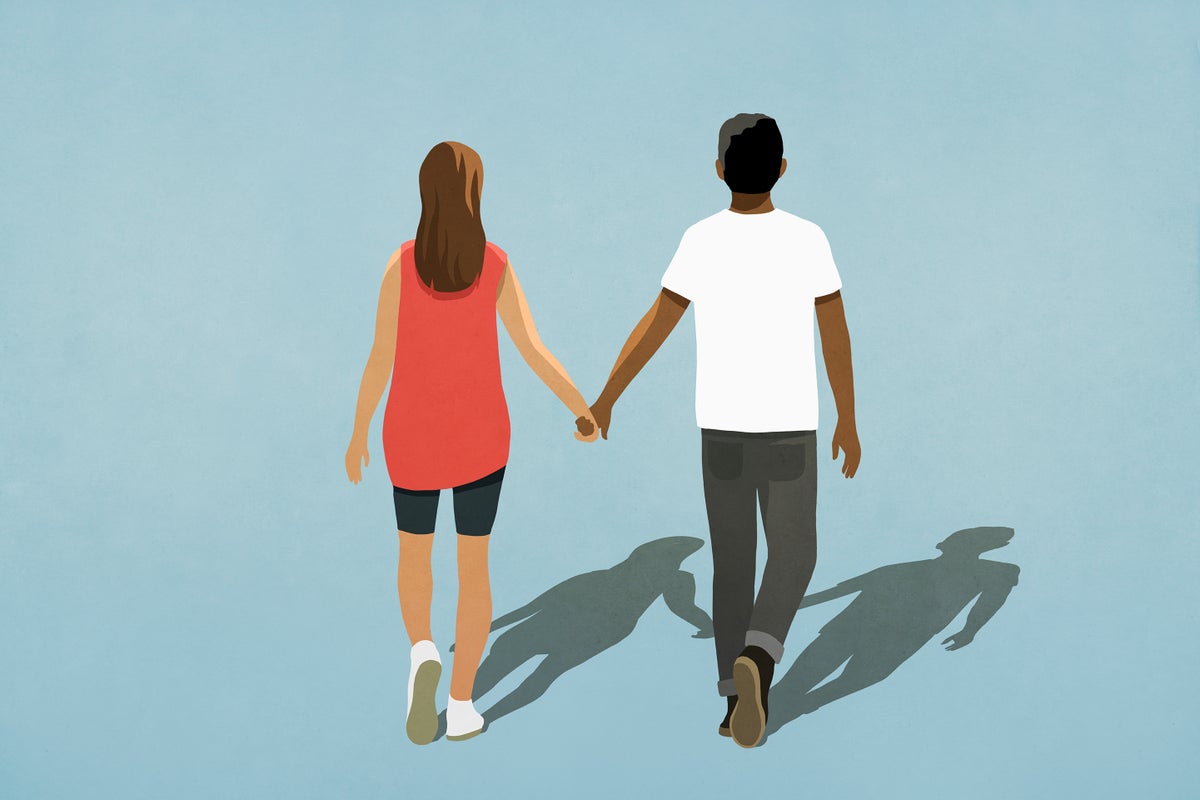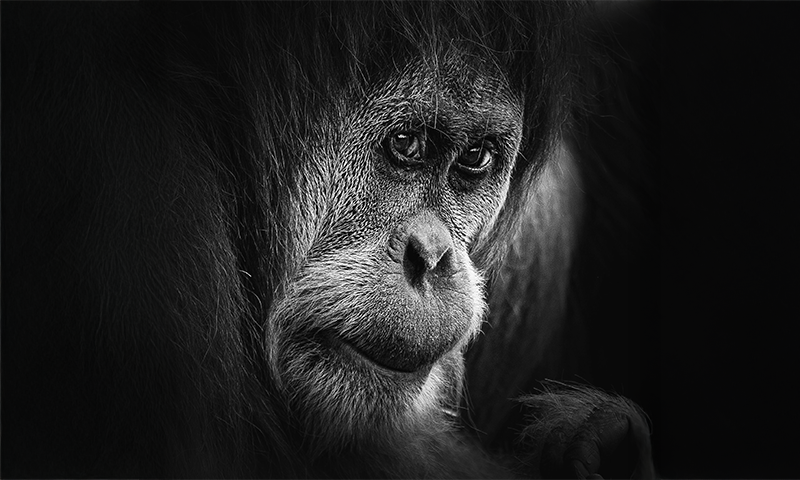Now Reading: 17-Year-Old’s Unforgettable Struggle: Her Story Unfolds
-
01
17-Year-Old’s Unforgettable Struggle: Her Story Unfolds
17-Year-Old’s Unforgettable Struggle: Her Story Unfolds
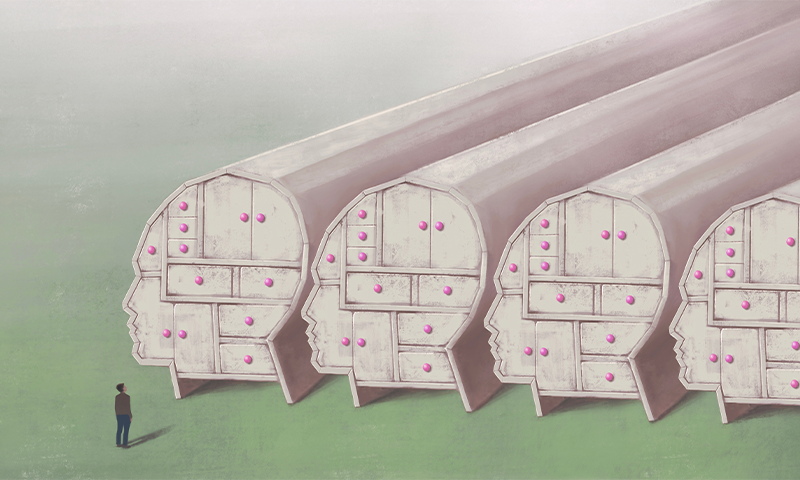
Swift Summary:
- Researchers have identified cases of “hyperthymesia,” a rare condition described as superior autobiographical memory.
- AJ, the first documented case in 2006, reported intrusive and uncontrollable memories indexed by date. AJS experience led to the coining of the term “hyperthymesia.” Over 100 such cases have since been recorded.
- A newly studied case involves TL,a 17-year-old girl who organizes her vivid memories into themes within an imaginative “memory palace,” stored in rooms like a “white room” or “pack ice room.” Unlike others with hyperthymesia, TL finds her memory manageable and non-distressing.
- TL also excels at imagining future scenarios due to heightened autonoetic consciousness-a mental ability that links past recollections to future imagination. Scientists hypothesize this unique control might explain her time-travel-like cognition.
- French researchers found no notable neuroanatomical differences between individuals with hyperthymesia and average memory ability but suspect overactivation of certain brain networks might play a role. Laurent Cohen noted potential links between hyperthymesia and synesthesia, even tho TL herself does not exhibit this trait despite family prevalence.
- Questions remain around aging effects on hyperthymesics and if individuals can learn better control over their memory processing.
Indian Opinion Analysis:
The documented phenomenon of hyperthymesia opens engaging avenues for understanding human cognition, especially its intersections with autobiographical consciousness and imagination-concepts relevant even outside scientific circles for applications like education or artificial intelligence modeling in India’s rapidly expanding tech sector. The stark contrast between distressing accumulations faced by subjects like AJ versus TL’s organized mnemonic system highlights potential pathways for therapeutic intervention or cognitive training techniques.
For India specifically-where studies on cognitive psychology are gaining traction-these findings could inspire further research into cultural aspects of autobiographical memory (e.g., oral histories). Additionally, exploring how adaptable models like TL’s “memory palace” could be applied practically warrants attention from both educational policy-makers and mental health practitioners looking to maximize productivity while mitigating cognitive overwhelm.


